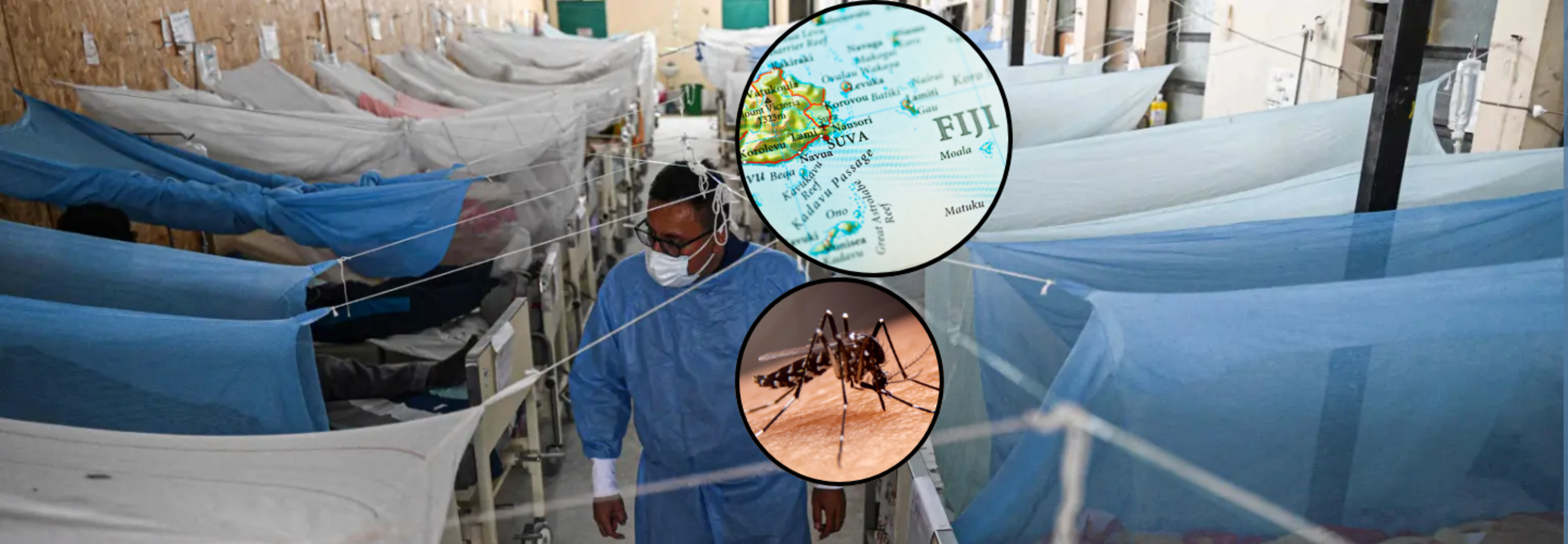Deadly Virus Outbreak Triggers US Travel Warning For This Cruise Spot- Precautions Travelers Must Take

SummaryFiji faces a major dengue fever outbreak with over 2,400 cases in early 2025. The CDC has issued a Level 1 travel advisory, urging travelers to take mosquito-bite precautions.
End of Article
